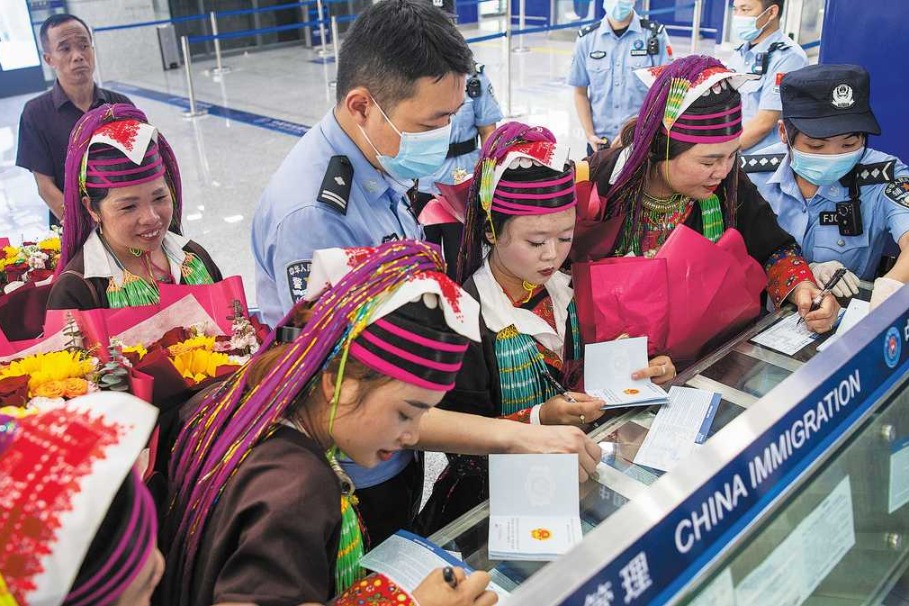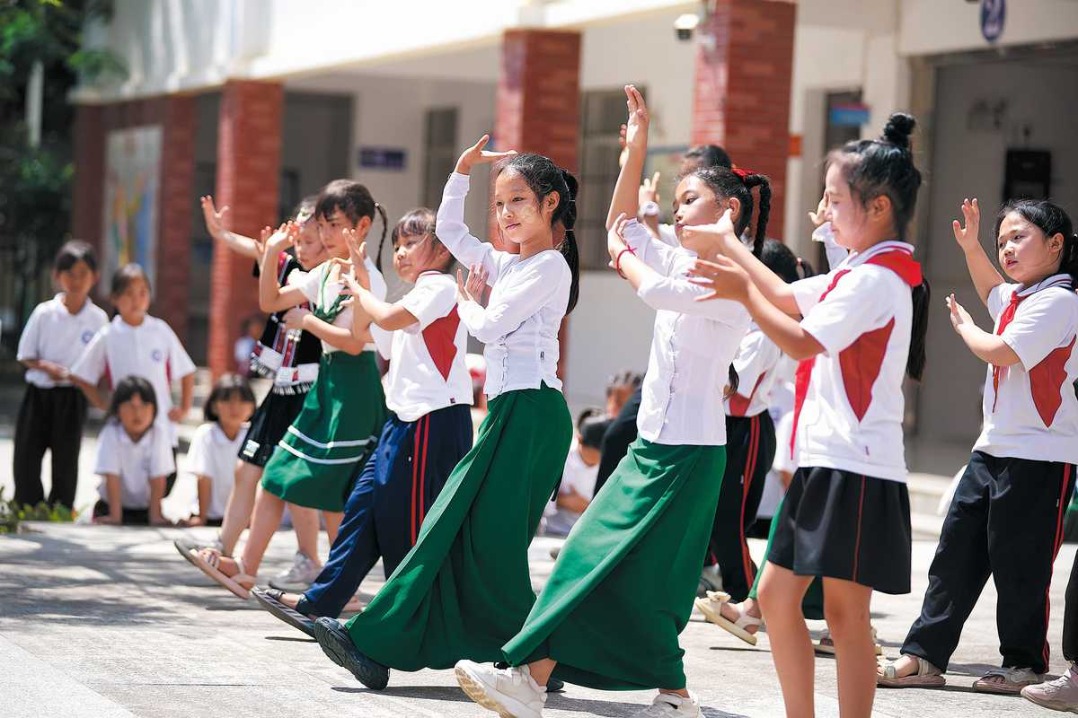Vietnam relaxes two-child policy amid falling birth rate


HANOI — The Vietnamese National Assembly on Tuesday approved amendments to the Population Ordinance, removing the regulation that limited families to one or two children, Vietnam News Agency reported.
Under the revised law, couples now have the freedom to decide on the number of children they wish to have, the timing of childbirth, and the spacing between births.
The policy change aims to maintain replacement-level fertility and address the ongoing decline in birth rates across the country.
According to the Ministry of Health, Vietnam's total fertility rate dropped to a record low of 1.91 children per woman in 2024, well below the replacement level of 2.1.
This trend is most pronounced in urbanized, economically developed regions, particularly in major cities such as Hanoi and Ho Chi Minh City, where the cost of living is rising.
Deputy Health Minister Nguyen Thi Lien Huong, speaking at a conference earlier this year, warned it was increasingly difficult to encourage families to have more children despite policy adjustments and public campaigns.
She emphasized that the declining birth rate poses challenges to long-term socioeconomic development, including an aging population and workforce shortages.
She urged society to shift its mindset from focusing solely on family planning to a broader perspective of population and development.
On sex imbalances, the Ministry of Health on Tuesday proposed tripling the current fine to $3,800 "to curb fetal gender selection", according to state media.
It is forbidden to inform parents of the sex of their baby before birth in Vietnam, as well as to perform an abortion for sex-selection reasons, with penalties imposed on clinics that break the law.
The sex ratio at birth, though improved, remains skewed at 112 boys for every 100 girls.
Hoang Thi Oanh, 45, has three children, said: "It's good that at last, the authorities removed this ban," but added that "raising more than two kids nowadays is too hard and costly".
"I think the authorities will even have to give bonuses to encourage people to have more than two children."
Agencies - Xinhua
































